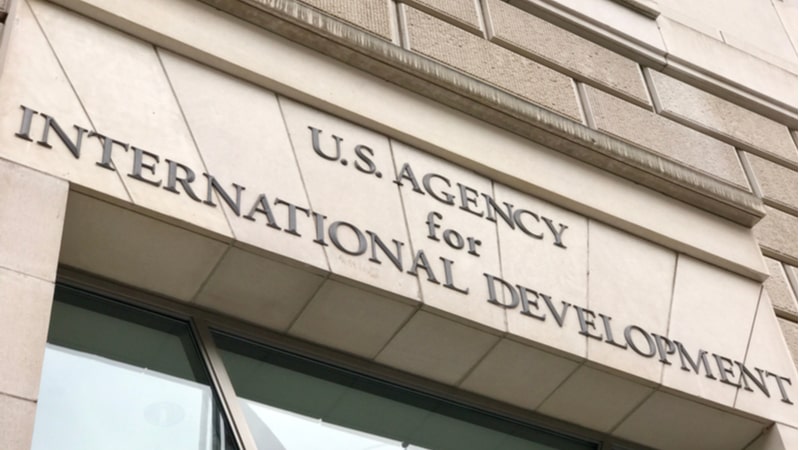
The Federal government’s Global Food Security Strategy (GFSS) is falling short on information sharing regarding each participating agency’s current or planned spending for the whole-of-government initiative, and could use a shared database to make spending information more readily accessible, the Government Accountability Office (GAO) said.
The GFSS was created by Congress in 2016 and operates in part through the U.S. Agency for International Development (USAID) which coordinates with other agencies to reduce global hunger and food insecurity.
After a review of the program and four countries involved with it, GAO flagged in a new report ways that the program could improve including through better information sharing among government agencies.
GAO highlighted, for example, that “the agencies haven’t devised a way to share information about each other’s current and planned spending.”
“GAO found that the GFSS Interagency’s mechanisms for coordinating food security assistance generally address four of seven leading practices GAO has identified as important for collaboration. However, this coordination can be improved,” the watchdog agency said.
Agencies have reported taking steps for mitigating potential negative effects of any duplication, overlap and fragmentation of food security assistance in the four selected countries, GAO said.
GAO made two recommendations for USAID, both of which the agency agreed to. The recommendations are:
- Ensuring the country coordinator at the U.S. mission in each GFSS target country takes steps to ensure relevant U.S. agencies are included in planning and coordinating food security assistance; and
- Working with other participants in GFSS to establish a mechanism, such as a shared database, to ensure each agency has access to information about other agencies’ current and planned global food security assistance.
